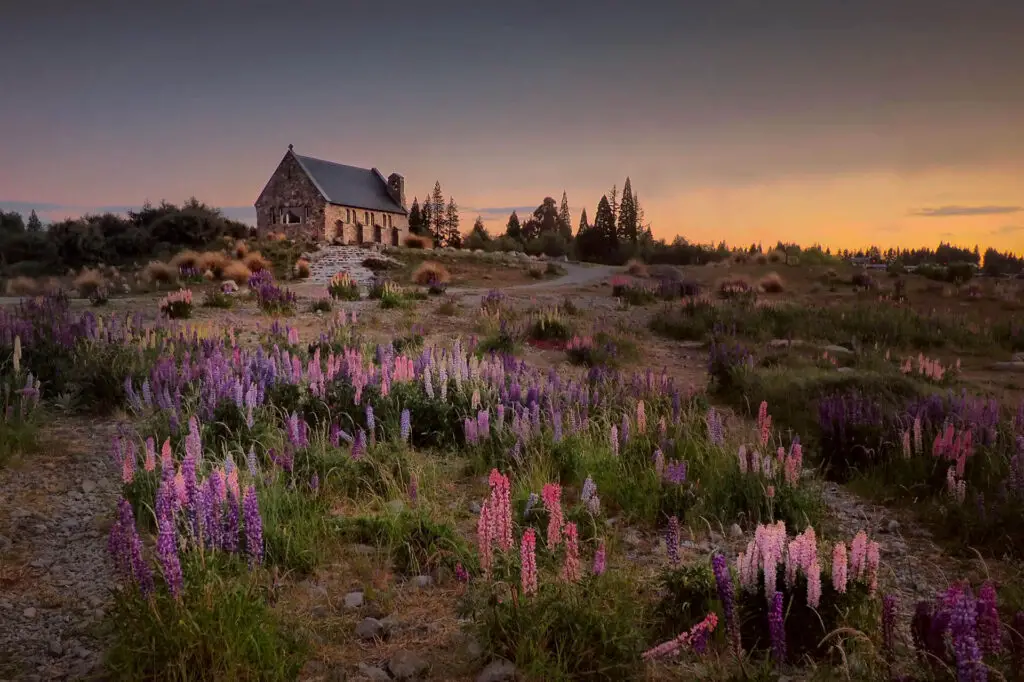In today’s rapidly evolving digital landscape, a well-executed social media strategy is no longer optional—it’s a cornerstone of business success, especially in the hospitality industry.
Here’s my learning into why social media matters and how leading hotels in Dubai are mastering the art:
#1 Amplifying Marketing Campaigns

A robust social media strategy doesn’t just complement your marketing efforts—it magnifies them. Jumeirah Burj Al Arab is a perfect example of this. Their social media approach is a masterclass in luxury branding, focusing on their status as the world’s most luxurious hotel. Recently, an Instagram campaign featuring breathtaking drone footage of their iconic sail-shaped structure garnered over 438K views and thousands of shares. This wasn’t just about showcasing beauty; it solidified their global reputation as the epitome of Luxury. The high engagement levels suggest a significant boost in brand visibility, which likely translates to increased customer interest.
#2 Building Brand Loyalty
Did you know that 84% of consumers are more likely to purchase from brands they follow on social media?

This statistic underlines the powerful influence of a strong online presence. Atlantis Resorts exemplifies this by aligning its social media content with seasonal promotions, which maximizes relevance and ROI. Their current campaign for the Martin Garrix concert on November 16th 2024 uses a series of targeted posts, videos, and interactive content to ensure high attendance and engagement. This approach showcases how SMART (Specific, Measurable, Attainable, Relevant, and Timely) goals can drive both excitement and measurable success.
#3 Understanding and Engaging Your Audience

Understanding your audience is crucial to any social media strategy. The Retreat Palm Dubai MGallery by Sofitel has honed its brand by tapping into the booming wellness tourism market, expected to reach $8.5 trillion by 2027. Their content, focused on well-being, organic dining, and mindfulness activities, resonates deeply with their target audience. Their use of Instagram Stories to showcase real-time wellness sessions and guest experiences has been particularly effective. Under the leadership of Samir Arora, the General Manager, The Retreat Palm Dubai consistently communicates its core message of rejuvenation and holistic health, strengthening its niche in the market.
#4 User-Generated Content: A Game Changer
User-generated content (UGC) is a potent tool for enhancing brand recognition with minimal effort. Research shows that potential guests are 3.9 times more likely to book a hotel with high ratings and are willing to pay more for it. Atlantis Resorts creatively leveraged UGC by partnering with Louis Vuitton and placing mascots throughout their property. Guests were encouraged to snap photos with these mascots, tag the hotel, and use specific hashtags. This campaign not only boosted social media presence but also reinforced the hotel’s luxurious image, demonstrating how UGC can be a cornerstone of effective marketing.
#5 Leveraging Social Media Channels:
Each social platform offers unique opportunities. With 2.45 billion users on Facebook (Statista), The Ritz-Carlton, Dubai strategically uses Facebook to engage with a more mature audience through live events, webinars, and customer service interactions. This not only boosts engagement but also enhances customer loyalty. This aligns with Ritz-Carlton’s broader customer engagement strategy, which emphasizes personalized service and maintaining strong, trust-based relationships with guests- Why the Ritz-Carlton is #1 in Customer Engagement (peoplemetrics.com)
#6 Strategic Planning for the Future

Recent studies have highlighted the success of resorts that have embraced innovative marketing approaches. For example, a study by a leading hospitality research firm found that resorts that implemented WhatsApp chatbots saw a 30% increase in direct bookings and a 25% increase in revenue within the first year of implementation. Similarly, another study found that resorts that partnered with influencers saw a significant boost in brand awareness and engagement on social media platforms.
A unique example of a Dubai hotel that has implemented an innovative marketing strategy is ME by Meliá – Dubai This hotel, located in the striking Opus building designed by the legendary Zaha Hadid, has differentiated itself through an artistic and avant-garde approach to marketing.
ME Dubai has focused on integrating art and design into its brand identity, turning its entire space into an art gallery. The hotel features rotating exhibitions of contemporary art, attracting art lovers and influencers who are keen to share their experiences online. ME Dubai leverages this unique aspect by encouraging guests to interact with the art, creating highly shareable moments on social media. This strategy has helped ME Dubai stand out in a competitive market, drawing attention from a niche audience that appreciates art and design. Mapping out a plan for future social media goals and identifying the right tools and resources ensures that your strategy remains adaptable and effective.
This learning journey during my cross training has reinforced the importance of integrating social media into every aspect of marketing to drive business growth be it hospitality or any other industry. I’m excited to apply these insights to build stronger connections and achieve measurable success!
